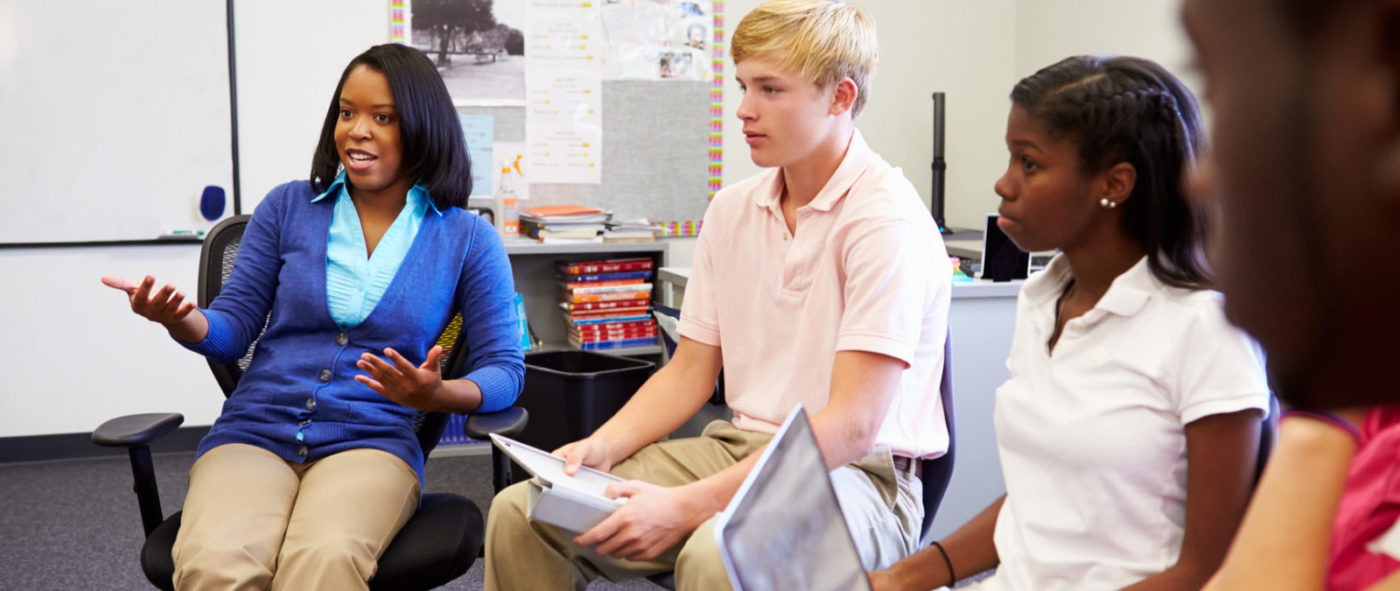For centuries, debates have been used in private and public forums to allow people with different beliefs to discuss and explain their ideas in a moderated fashion. Debates are, however, relatively new to the presidential election cycle. In fact, the first time debates were used in a presidential election was in the 1960 campaign between John F. Kennedy and Richard Nixon.
As we inch closer to Election Day on November 8th, the candidates—Hillary Clinton and Donald Trump—are preparing for their final debate this evening. This is an excellent opportunity to have a classroom discussion about the presidential campaign and the debate process.
One way to engage your students in the presidential election is to hold a classroom debate (or series of debates) about key domestic and foreign issues. When used properly, debates can broaden students’ perspectives and increase dialogue on current issues. This debate toolkit from PBS will be a valuable resource as you prepare to host your debate. You can also use the following tips:
Give students time to prepare
To ensure that your students have an informed and intellectual debate, it’s important to give them ample time (e.g., 2 to 3 days) to research the assigned topics, prepare notes to defend their stance, and brainstorm questions to ask the opposing debaters. Encourage students to examine both sides of each issue as it will help them defend their positions and better understand their opponents’ differing viewpoints. Providing students with preparation time will allow them to prepare a formal rebuttal and to plan thoughtful and thorough responses to defend their beliefs. Researching their opponents’ possible views, as well as their own, will help your class to have a stronger, and more thoughtful, debate.
Choose topics that matter to your students
Students will be more apt to participate in the debate if they have strong feelings about the topics being discussed. You can survey students on possible topics to gauge interest and then use the results to guide your choices, or use pages 14-20 of the PBS Toolkit for ideas. It is also important to consider your students’ grade level when choosing debate topics. Middle and high school students are more able to handle controversial topics than elementary school students. However, even in the upper grades, it is prudent to steer clear of deeply controversial issues or to get approval from your administration and/or parents/guardians before presenting these topics to your students.
Be clear about rules and guidelines BEFORE the debate
Many critics agree that the recent presidential debates have lacked decorum. While this is unfortunate, it is also a great teaching moment that demonstrates the need for rules and mutual respect when debating. After establishing the basic format and rules for the debate, allow your class to add rules as needed. To avoid confusion, you should assign students roles and positions for the debate, either individually or in groups. Along with choosing who will be debating, you may also assign moderators who will ask the questions and make sure both sides follow the rules, note takers, and/or an audience who can rate the debate and ask additional questions.
As follow-up to the debate, you may also assign a position paper in which students defend their stance on one or many of the topics.






